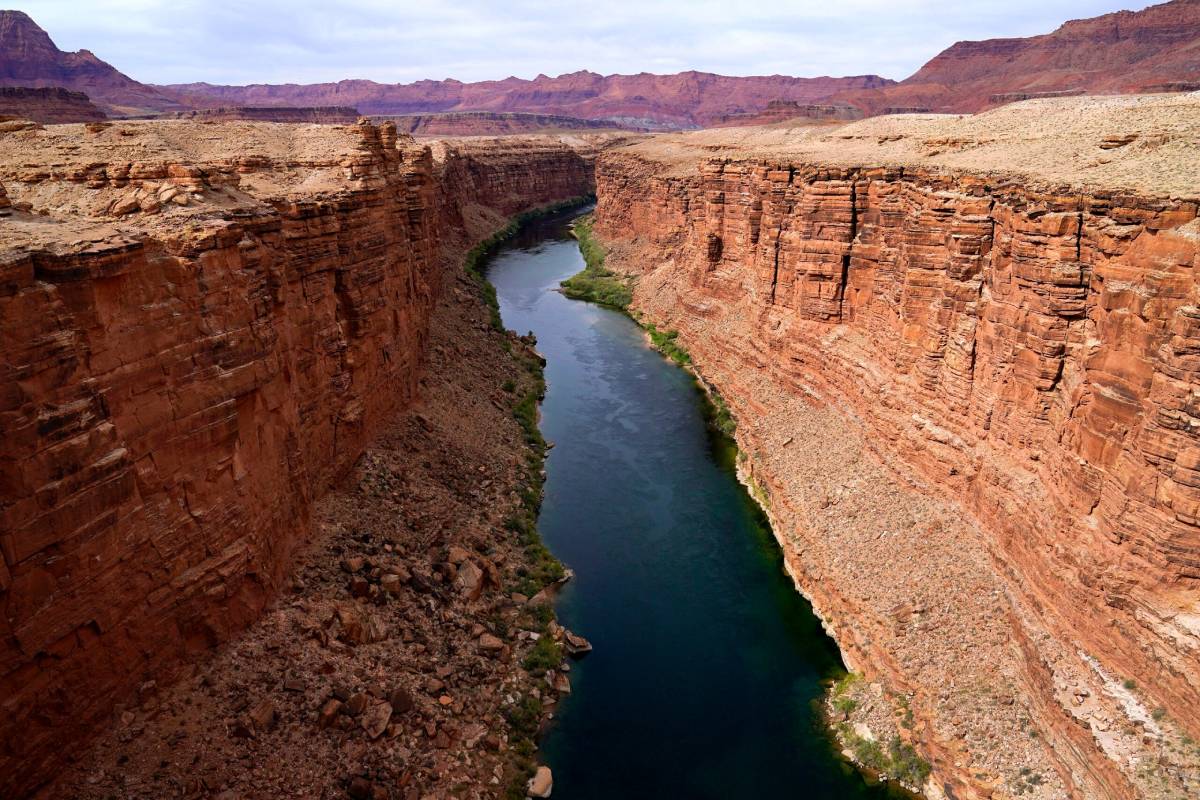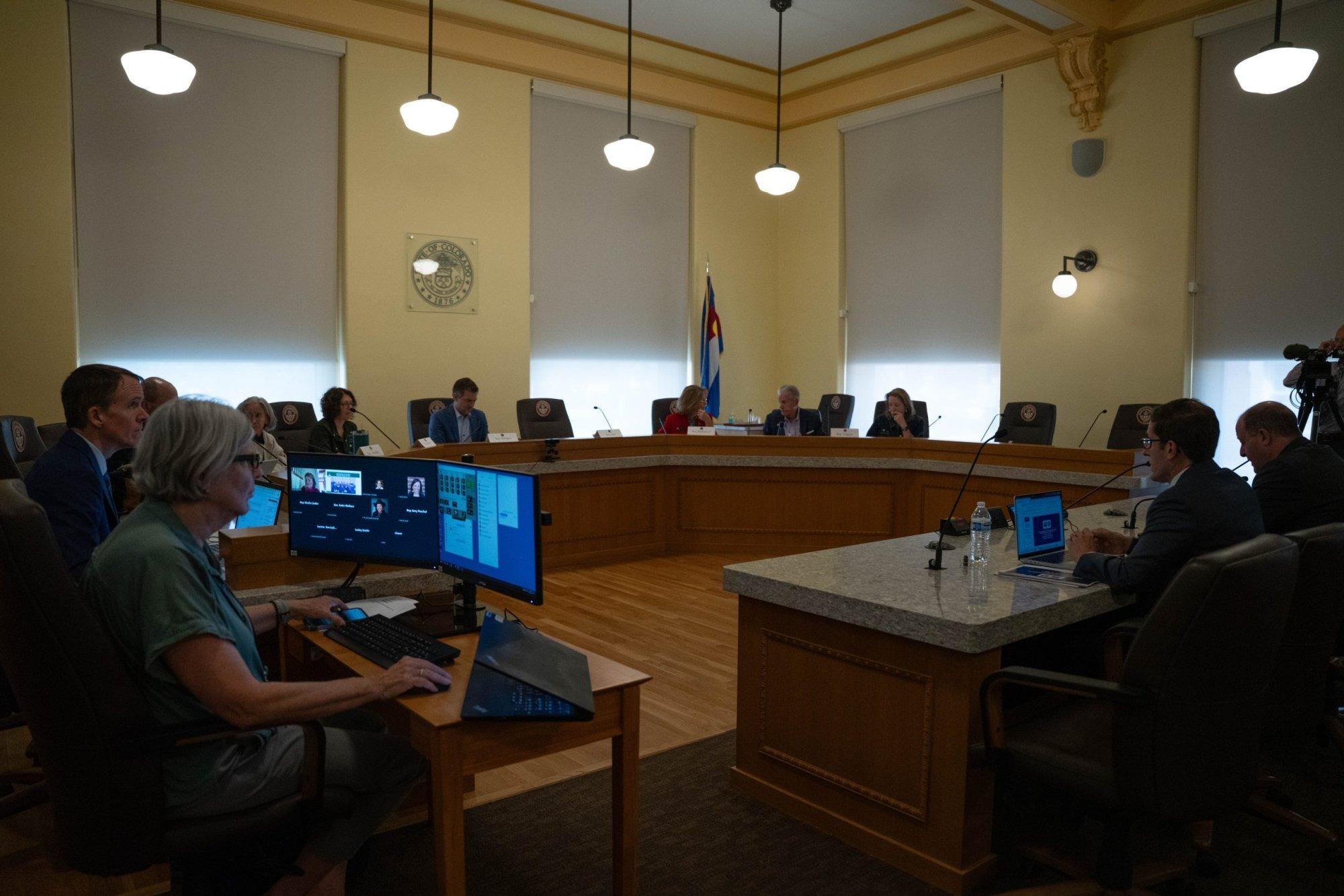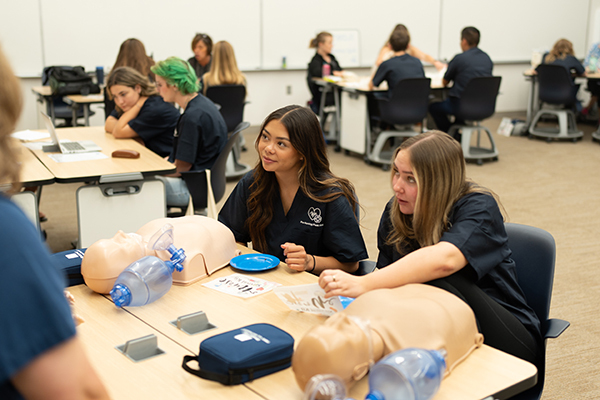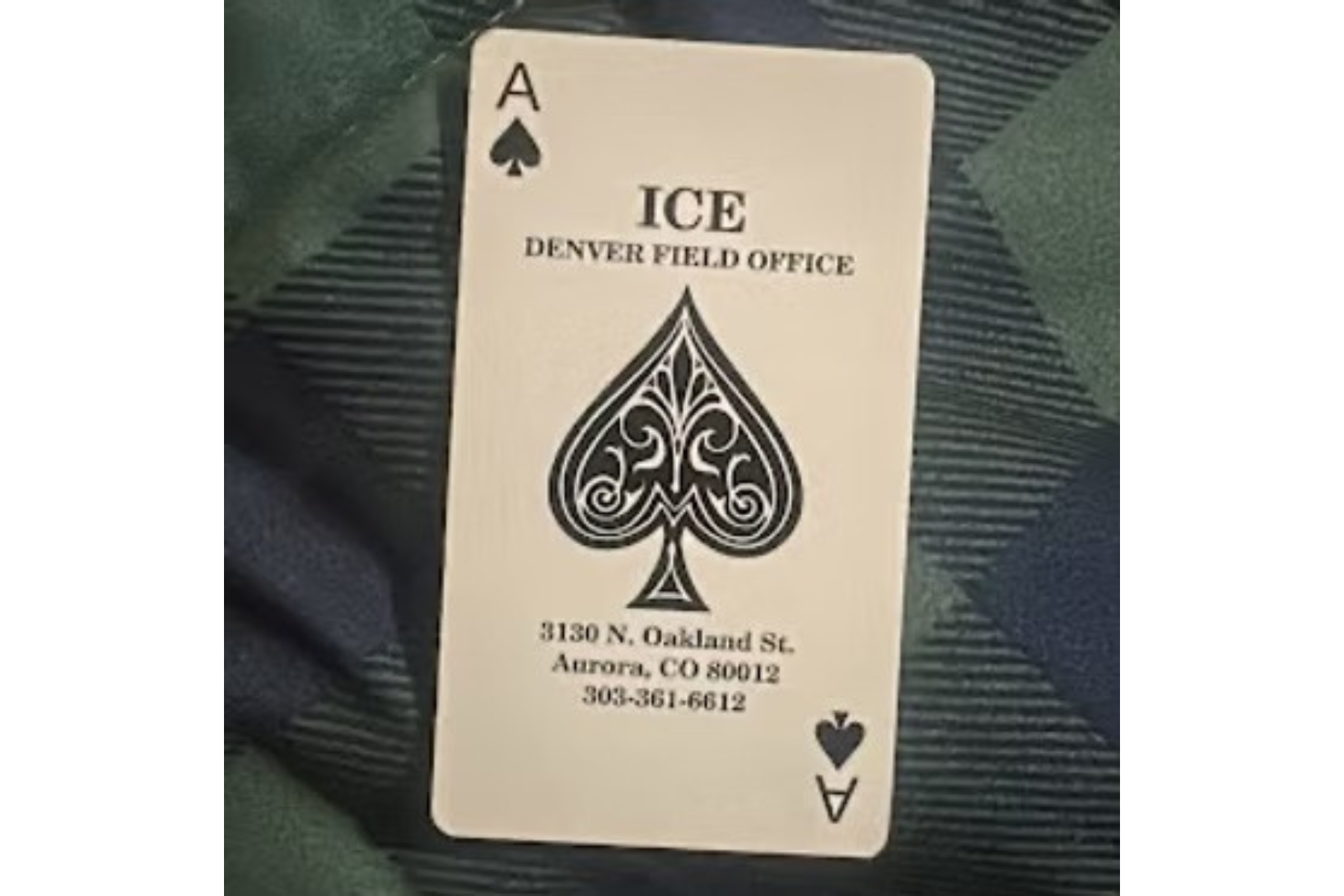
As the seven Colorado River Basin states haggle over the future of water allocations, authors of a new report on groundwater argue that equal attention should be paid to the water beneath our feet.
Jay Famiglietti, a global futurist professor at Arizona State University and one of the authors of the research, said groundwater depletion has been worse than losses measured at reservoirs like Lake Mead or Lake Powell.
“The rate of decline in the groundwater is about 2.4 times greater than the decline in the reservoirs,” Famiglietti said.
In a conversation with Colorado Matters, Famiglietti discussed how satellite data was used to measure changes to groundwater in the Colorado River Basin states and how the public should think about aquifer storage, particularly where the depletion is occurring the fastest in lower basin states like Arizona and California.
Here are three takeaways from that discussion, which have been edited for length and clarity.
On how groundwater losses are measured
“We use a NASA satellite mission called GRACE and its Follow-On mission. Grace stands for Gravity Recovery and Climate Experiment, which flew from 2002 to 2017 and then it more or less degraded and ran out of battery power. The GRACE Follow-On was launched in 2018 and it's still flying and is basically the same climate continuation mission. I guess the easiest way to describe the GRACE mission is that it functions more like a scale — you know, scale up there in the atmosphere — more so than what we ordinarily think about with satellites as a big camera or a telescope or a thermometer up there in the sky. This is more like a scale that responds to the gravity variations on the ground that happen when a region gains a lot of water or loses a lot of water, for example, through groundwater depletion.
So in that case, Southwestern U.S., lower Colorado River Basin, it's literally losing weight, losing water weight. Water is super heavy, and so the region exerts slightly less of a gravitational tug on these satellites as they fly by, and so they actually move up. Just like if you sit on a scale and the heavier you are, the more it gets pushed down. And, the more water that's on the ground, the more these satellites get pulled towards the center of the Earth. So they're going up and down just like the top of a scale and the measurements of the scale are extremely accurate. The position of the two satellites is extremely accurate, like a submicron, which is a thousandth of a millimeter. So we have this super accurate scale up there and it's helping us map the places around the world, not just the Colorado River Basin, that are gaining or losing water on a monthly basis.”
On what to do about groundwater depletion
“How quickly or how slowly we use the groundwater depends on our decisions and they're not maybe decisions that you and I make — or maybe they are with our pocketbook. So, maybe we decide we don't want to eat as much beef, and so (does) the world just need to grow as much alfalfa, which is a big, very thirsty water intensive crop that we grow a lot of in Arizona.
So solutions are more conservation, more agricultural efficiency, expanding groundwater, groundwater management, especially in the lower basin and greater awareness. Just raise awareness amongst the communities across especially the lower basin that this groundwater is really their future and it's their grandkids future.
Most of the water that we use this for is agriculture. Cities can be quite sustainable. In cities like Phoenix and Tucson and Flagstaff, our major cities can be quite sustainable assuming that they don't try to grow food. It's the agricultural part. Like, Las Vegas, surprisingly, does a great job. Why? Because humans don't use that much water. It's agriculture. So we need to focus on how we do things more efficiently in agriculture and big parts of the community are working on that, which is awesome. That said, then, within our municipal regions then, yeah, the shorter showers are a big deal and the cutting back on watering the grass and using more native landscaping, that's huge.”
On if the water crisis can be solved without addressing groundwater
“No, that's a flat no. We have to consider what's happening with groundwater urgently because as the Colorado River continues its decline, we're going to see a transition from the river being the lifeblood of the West to groundwater being the lifeblood of the West. So its protection is key to the existence of our thriving Southwestern US.”









